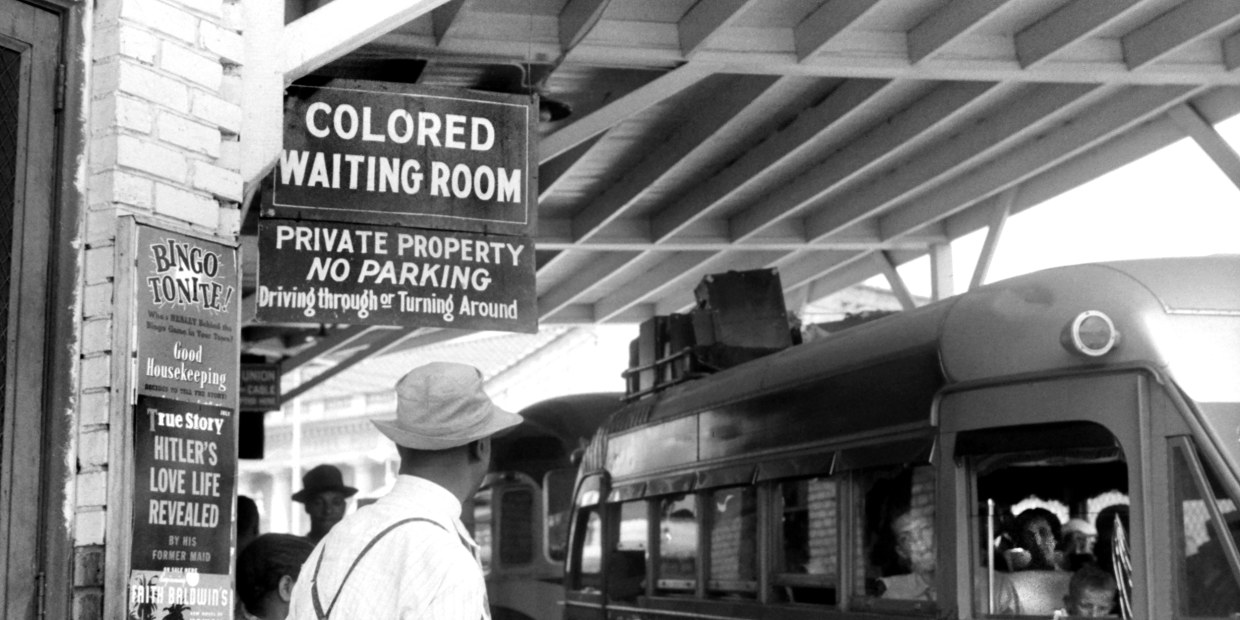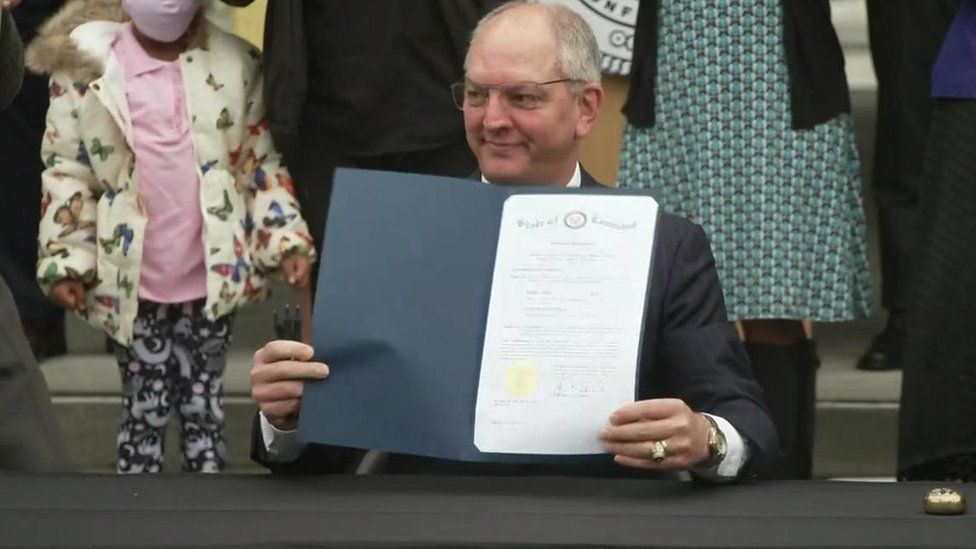Pardon for Plessy v. Ferguson’s Homer Plessy is an overdue admission of his heroismPosted in Articles, History, Law, Louisiana, Media Archive, Social Justice, United States on 2022-01-07 02:49Z by Steven |
Pardon for Plessy v. Ferguson’s Homer Plessy is an overdue admission of his heroism
MSNBC
2022-01-05
Keisha N. Blain, Associate Professor of History
University of Pittsburgh, Pittsburgh, Pennsylvania

Universal History Archive / Universal Images Group via Getty Images
In rejecting Plessy’s argument that the Jim Crow law implied Black people were inferior, the Supreme Court upheld the notion of “separate but equal.”
Homer Plessy, a Creole shoemaker from New Orleans and the plaintiff in the landmark Supreme Court case Plessy v. Ferguson, was pardoned by Louisiana Gov. John Bel Edwards on Wednesday, 130 years after Plessy challenged a Louisiana law that required Black passengers and white passengers to use separate train cars. The case sanctioned the “separate but equal” doctrine and validated state laws that segregated public facilities along the lines of race. The decision effectively legalized Jim Crow segregation for the next 60 years.
As historian Blair L.M. Kelley explains in “Four Hundred Souls: A Community History of African America, 1619-2019“: “Plessy v. Ferguson was the manifestation of the African American opposition to segregationist attempts to shame and degrade Black train passengers.”
The decision to pardon Homer Plessy is a welcome one, an effort to clear his name and raise national awareness to his story. It is also a symbolic gesture to acknowledge a wrong that took place so long ago. In the proclamation Edwards signed Wednesday, he praised “the heroism and patriotism” of Plessy’s “unselfish sacrifice to advocate for and to demand equality and human dignity for all of Louisiana’s citizens.”…
Read the entire article here.

